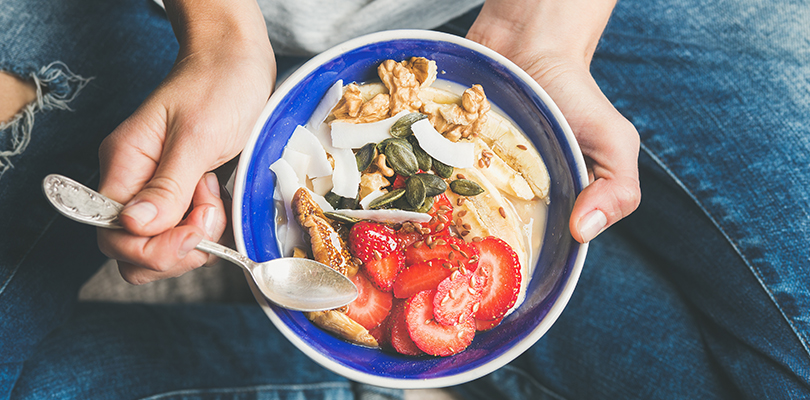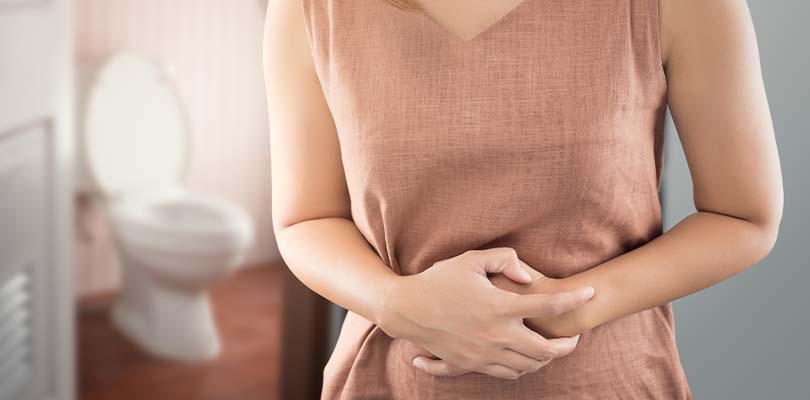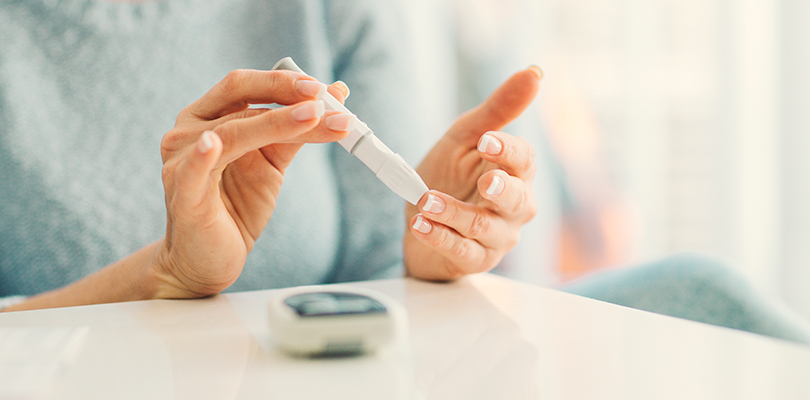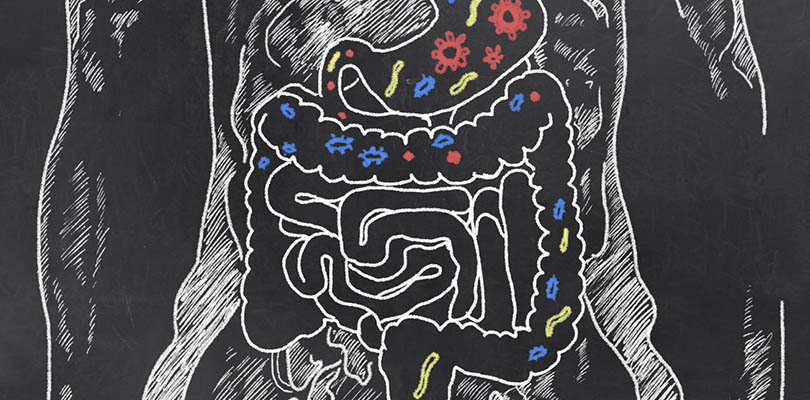Treating IBS With Lifestyle Changes and Remedies
If you're living with IBS, your physician probably rattled off a list of things you should do to make your IBS better. Maybe your doctor printed off an education sheet for you and told you to familiarize yourself with its content.
Why?
Treating IBS is mostly lifestyle-related – although certain medications may be prescribed for extreme cases, the bulk of cases of IBS respond to lifestyle changes. It’s just that making so many changes to our lives is exhausting and sometimes not very fun.
Here are some lifestyle changes and home remedies for treating your IBS.
Lifestyle Changes
Dietary changes are often recommended to treat IBS. Short of the blanket statement of eating more fiber, what else can be done to improve symptoms?
It turns out, quite a lot!
Certain foods can exacerbate symptoms.
For example, foods that are caffeinated (coffee, sodas, and chocolate) are known to worsen symptoms, as do foods that contain dairy and sweetened with artificial sweeteners. Some people have especially bad symptoms with vegetables that are known to produce gas, such as broccoli, cauliflower, beans, and cabbage.
Keeping a food log is helpful because it allows you to pinpoint which foods may trigger your symptoms – some of these foods may worsen your symptoms, whereas others may not.
Getting relief from IBS-D may take some detective work. For many people, the IBS diarrhea diet can help control IBS symptoms.
Eating at consistent intervals can help. This can help regulate bowel function – it allows your bowels to get on a “schedule.” For IBS-D, eating small, frequent meals can be helpful. While for IBS-C, eating large meals of foods with high fiber content may prove to be beneficial.
An adequate water intake is essential because it allows the stool to pass through the GI tract easily. Water is recommended because other liquids can make symptoms worse. For example, caffeine can cause diarrhea and carbonation can cause gas.
A Low FODMAP Diet
If these simple, dietary lifestyle changes aren’t helping, or they help but not quite enough, it may be time to try something a bit more intense – a low FODMAP diet.
A low FODMAP diet is known for improving IBS symptoms. FODMAPs are an acronym for:
- Fermentable
- Oligo
- Di
- Monosaccharides
- And
- Polyols
FODMAPs is a fancy name for a particular type of carbohydrates that are not well absorbed in the GI tract. These types of carbohydrates are known to cause gas, bloating, and diarrhea. For people who are sensitive to FODMAPs, reducing them in their diets would improve their symptoms.
It is best to ask your physician for a consult to a registered dietitian (RD) to learn about the low FODMAP diet – it is complicated and shouldn’t be undertaken on your own.
Alternative Medicine
Stress can impact IBS symptoms. If stress plays a role in increasing your symptoms, your physician may have told you to lower your stress levels, but perhaps didn’t tell you how to do so.
According to Mayo Clinic, the following therapies have been effectively used by people living with IBS to help reduce stress levels and therefore IBS symptoms:
- Acupuncture
- Hypnosis – known to relax the abdominal muscles, which reduces bloating
- Yoga
- Meditation
- Regular exercise
The use of probiotics has also been shown to reduce symptoms. Probiotics are “good” bacteria that are taken by supplement or eaten in the form of foods such as yogurt.
We have probiotics living in our GI system, but it is hypothesized that people with IBS may not have enough of these “good” bacteria present.







